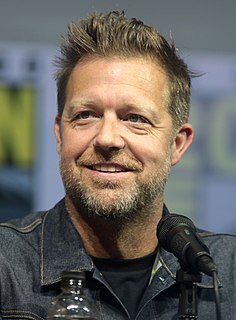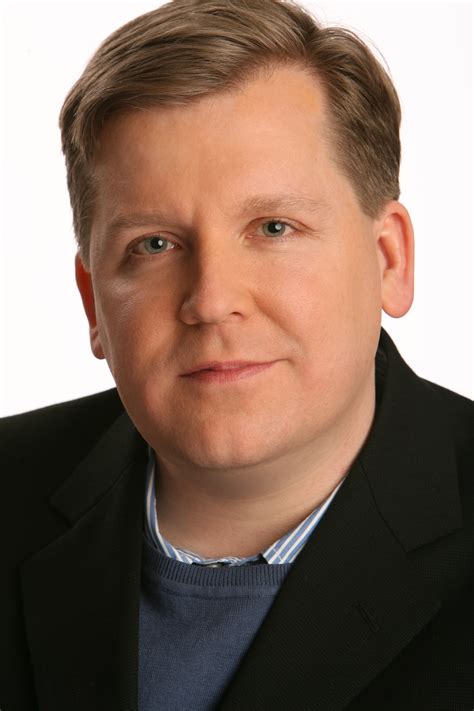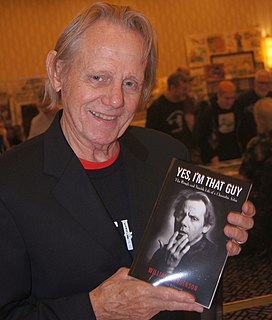A Quote by David Leitch
As a stunt guy, you become a mini-director. You're talking to actors about performance.
Related Quotes
To go into more specifics regarding actors, whether they're from Korea or the U.S., all actors know if they are loved by the director. When they feel that love from the director, they respond by giving a great performance on camera. Also, everyone on set - the crew, the actors - they were aware of the film's message and its broad theme, so these big issues were never discussed on set.
You can give the greatest performance possible, but if you don't have a director who's pointing the camera in the right direction and an editor who's editing it properly, it doesn't matter what you do. The director and the editor are the most important people. Not the actors. Sometimes the writer is important. But if you don't have a good director, you can't have a good production.
Why would a lazy guy become a parent of five? Then again, why would creative people who inherently don't like change and criticism become writers, actors, or comedians? There's something about this process. I joke about it: My kids have made me a better person, and I only need, like, 34 more of them to be a really good guy.
When you think about being a director, you think about writing stories, putting the camera in interesting places and directing the actors to get your vision, but it's hard to imagine even this process... sitting here nine months later talking about the film and talking about it 20 times in one day. You don't even think about the part where you come to the set every morning and everyone's looking at you to see your mood in order to see what the day is going to be like, and the influence that you wield.




































